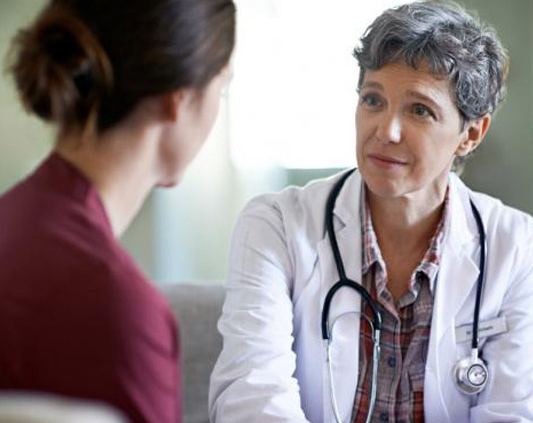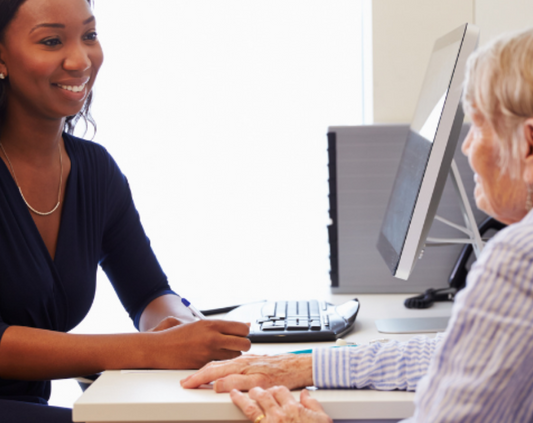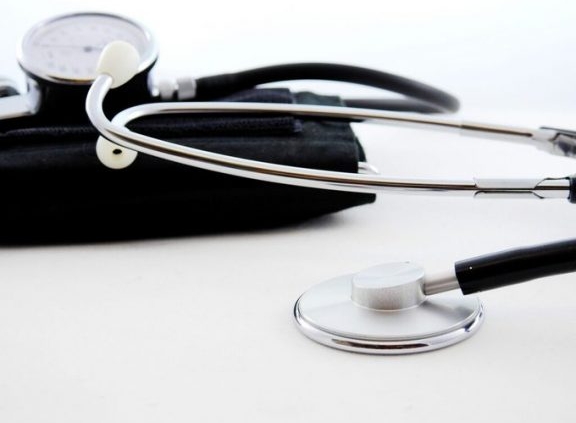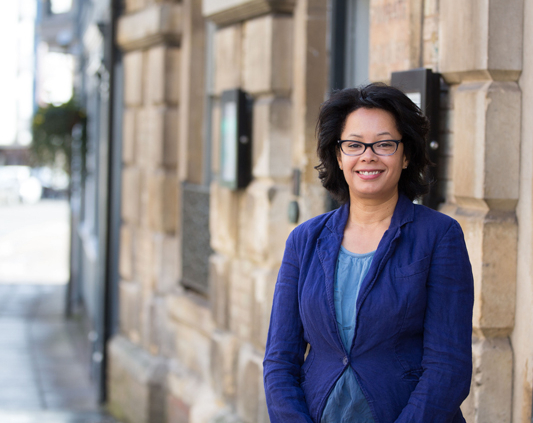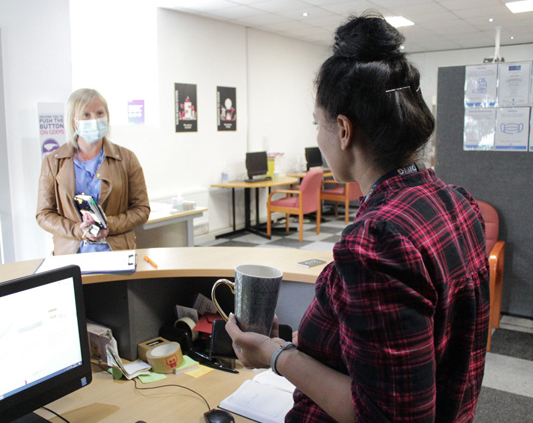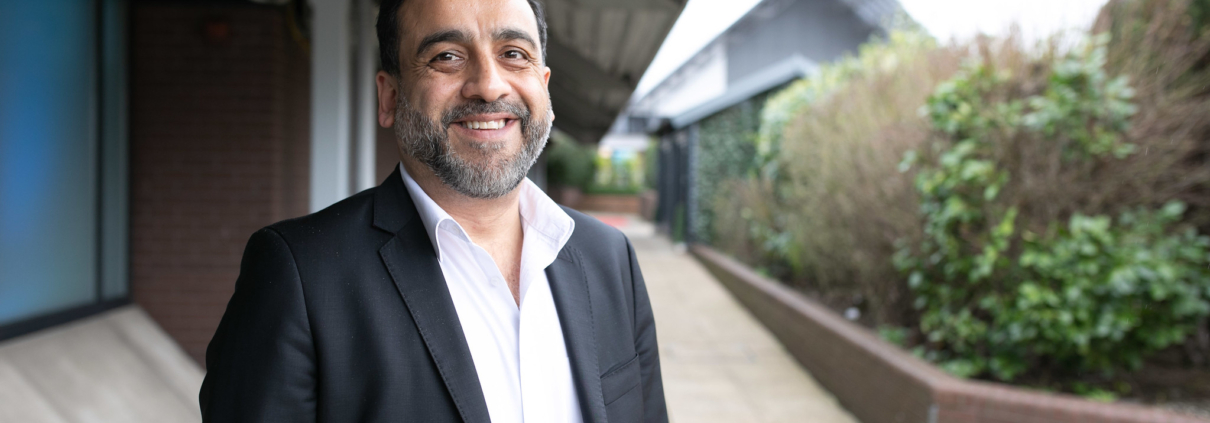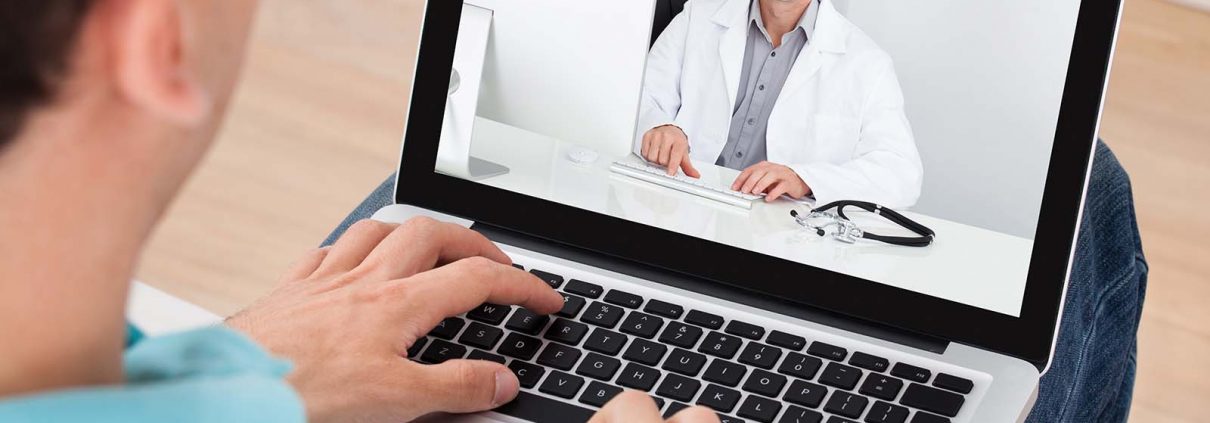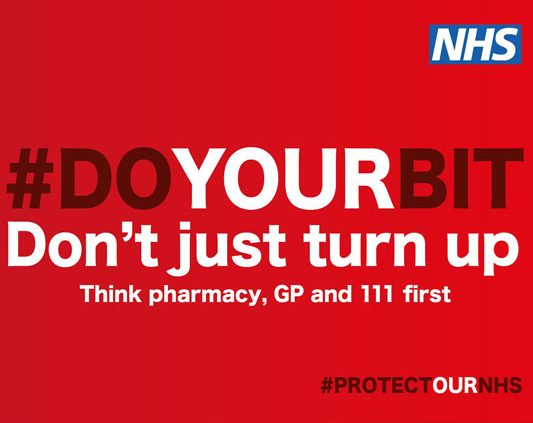Don’t just turn up to A&E – think pharmacy, 111 and GP first
Public asked to #doyourbit to protect the NHS by keeping A&E free for serious emergencies.
Health leaders across Northumberland, North Tyneside, Newcastle and Gateshead are asking people to do their bit by thinking pharmacy, GP and 111 first, and not just to turn up to A&E.
The plea is the first part of a new ‘do your bit’ campaign aimed at raising awareness of the first routes people should take for urgent medical advice and treatment, following the disruption caused by Covid19.
Health chiefs say that due to social distancing and infection precautions, the space available in A&E to care for people and allow NHS staff to work safely has been reduced by 30-50 per cent. Action is needed now to protect patients and staff alike from now and into the future.
Bas Sen, a Consultant in Emergency Medicine, Royal Victoria Infirmary in Newcastle and Regional Clinical Advisor for the North East and Yorkshire said: “We want to make it easier and safer for patients to get the right advice or treatment when they urgently need it. We are now putting in place measures to support and guide the public to make the right healthcare choices. This will help ensure their safety, as well as making sure they get the right treatment in the most appropriate place.
“Specifically, if their need is not life threatening, we would advise patients to contact their local pharmacy, their GP or 111 online in the first instance.
“Advice will be provided based on individual issues and solutions will range from self-care through to an appointment with a GP, or being directed to go to a pharmacist or Urgent Treatment Centre.
“Those that do turn up to either an A&E department or an Urgent Treatment Centre, will be assessed clinically by a member of our team and if suitable, will be re-directed to a more appropriate service for their needs.”
The campaign is supporting a pilot scheme which commenced on 3 August by the NHS in the North Integrated Partnership (ICP) area (which covers Gateshead, Newcastle, North Tyneside and Northumberland) before being rolled out across the region in September 2020.
Bas continued: “Too many people who come to A&E can be dealt with quicker by an alternative service such as their pharmacist, GP or 111. In light of COVID-19, and with winter ahead, it is more important than ever that we don’t have large volumes of people in our surgeries, clinics and hospitals when they could have been cared for elsewhere.”
“Because of the need to socially distance our hospitals have reduced space in waiting rooms and with around 50-70 per cent of attendances at A&E made up of patients who walk-in we must keep people safe – especially our most vulnerable and shielded patients.
“By thinking of alternative services such as pharmacist, GP and 111 first people can do their bit to help stop the spread of Coronavirus, keep people safe and keep A&E for real emergencies. At the same time this also means they will get the right treatment in a timely manner, in the most appropriate place for them too.
“So please don’t turn up or walk in to A&E or urgent care services without seeking advice from either a 111, GP or pharmacist, first – unless your condition is life threatening.
“Please remember that NHS 111 can make direct appointments at surgeries, pharmacies and urgent treatment centres. They can also send an ambulance should your condition be serious or life-threatening.”
In addition, we are asking people to act responsibly and consider carefully the impact drug use and alcohol has on people behaviours which can increase demands within A&E departments.
Clinical lead for the North East and North Cumbria Integrated Care System, Professor Chris Gray, said: “The support for the NHS has been amazing over recent months and as winter approaches we will be asking people to keep this up and do their bit to protect the NHS and each other. I would also like to take this opportunity to thank all our health and care staff across the North East and North Cumbria. The last few months have been difficult and their commitment to delivering excellent quality care has never waived.”

